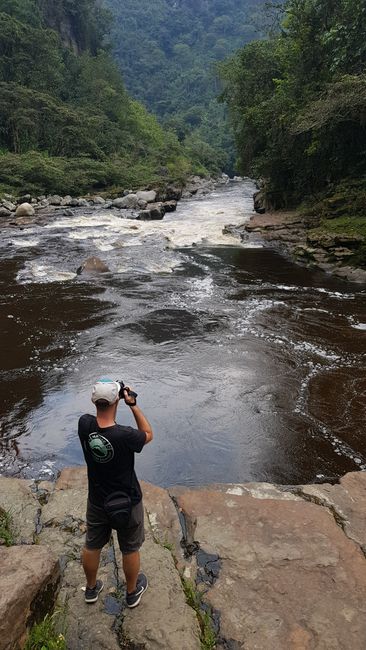Hong Kong - Mega City and connection between East and West
Pubblicato: 26.11.2018
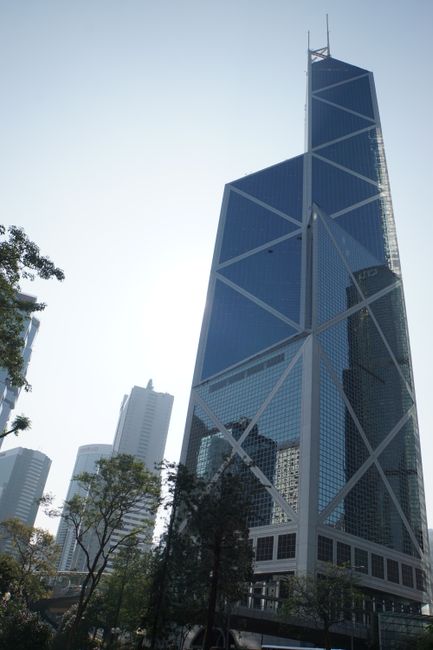
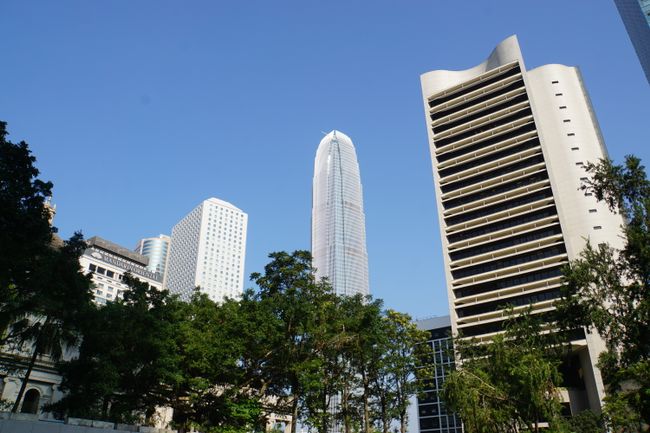
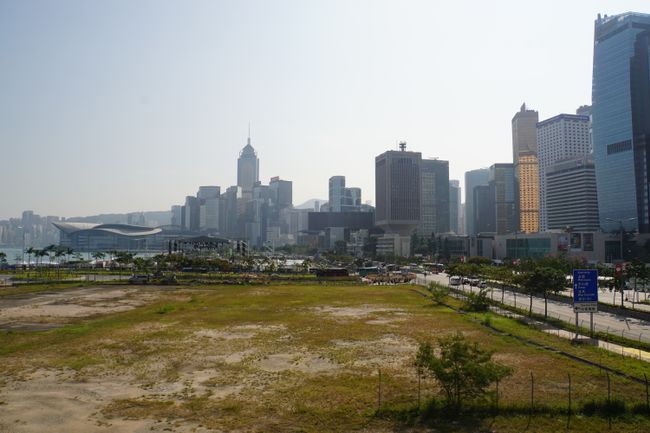
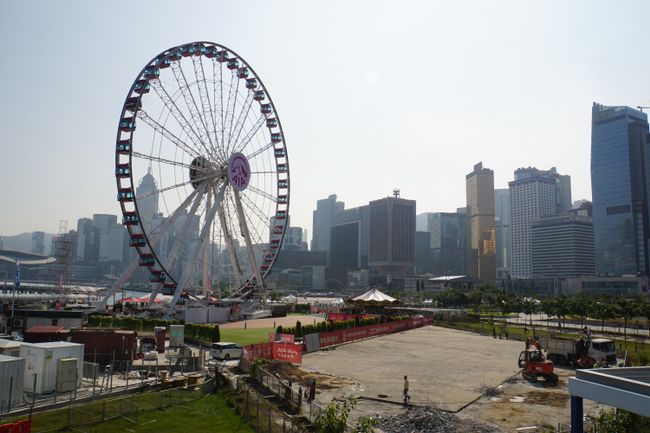
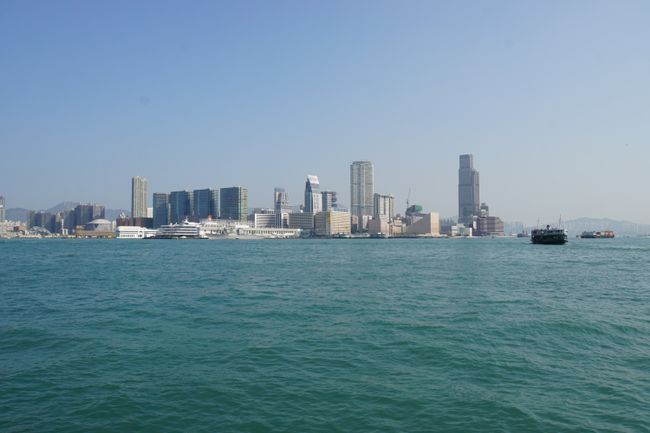
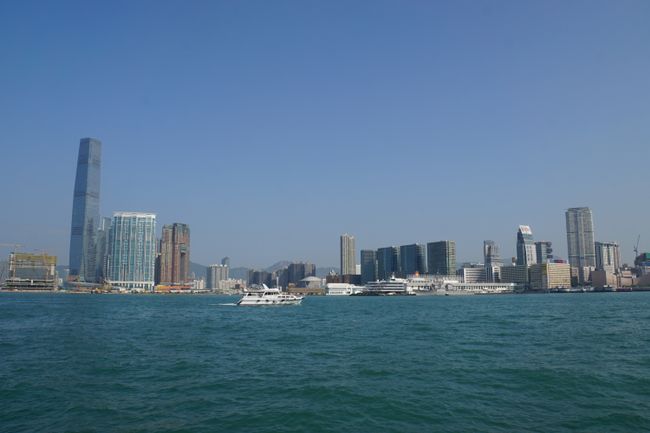
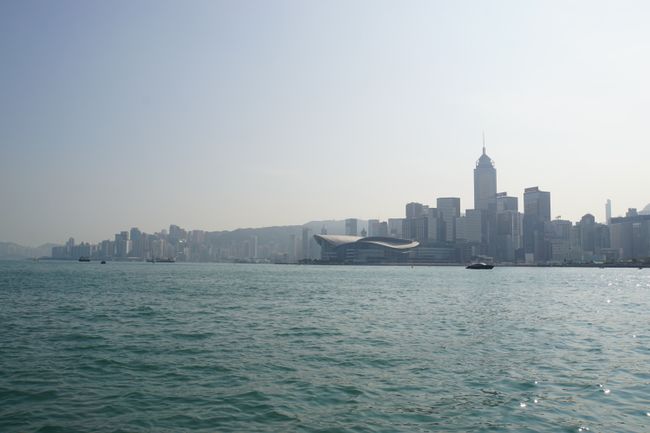
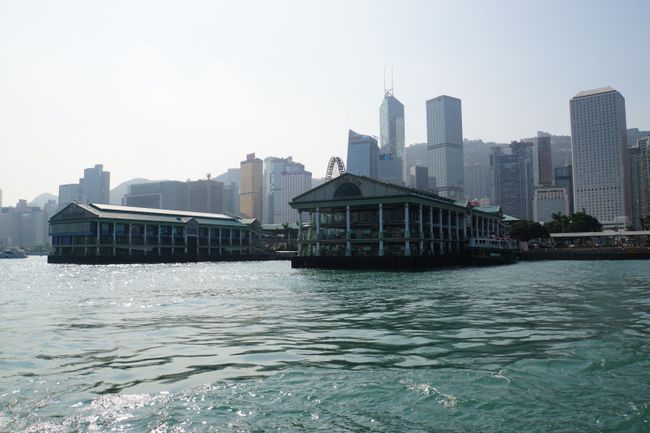
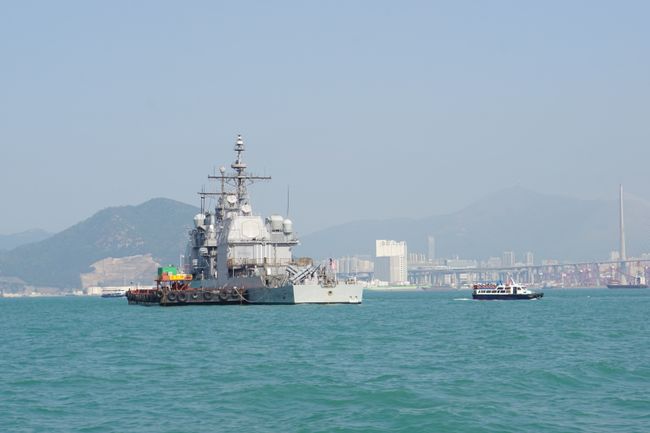
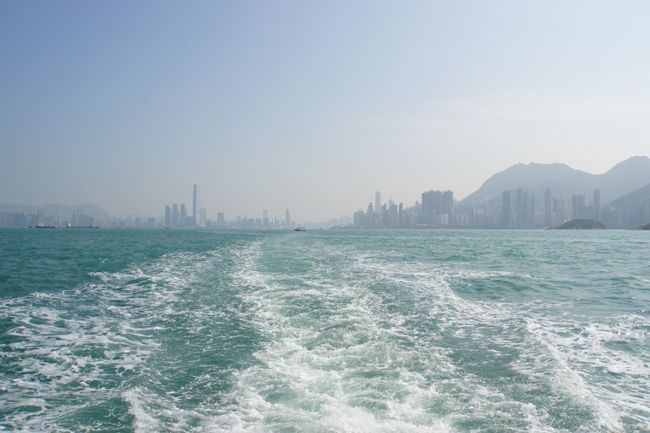
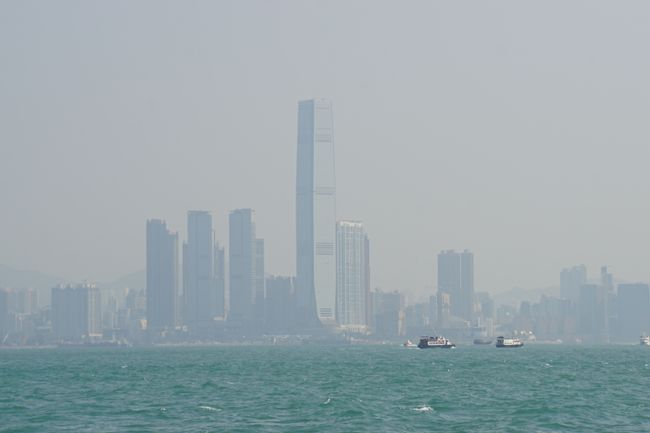
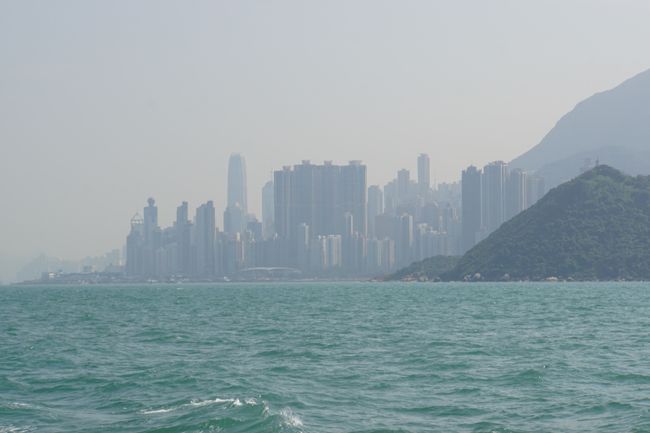
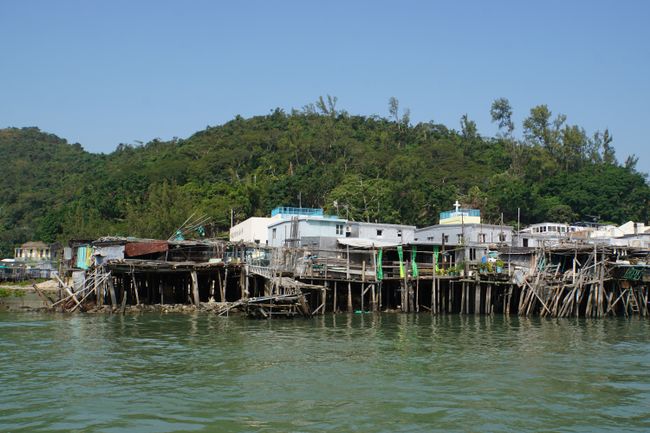
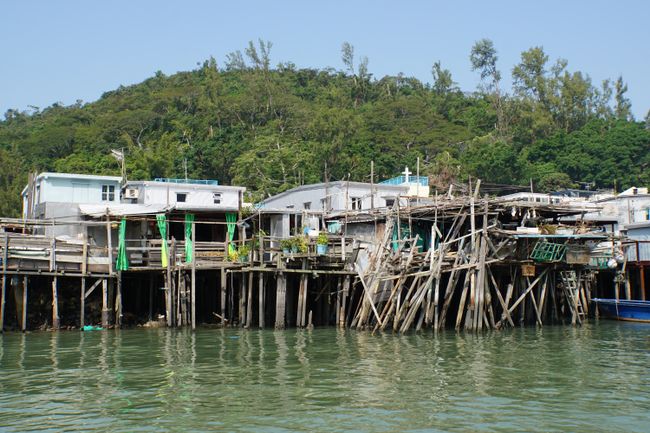
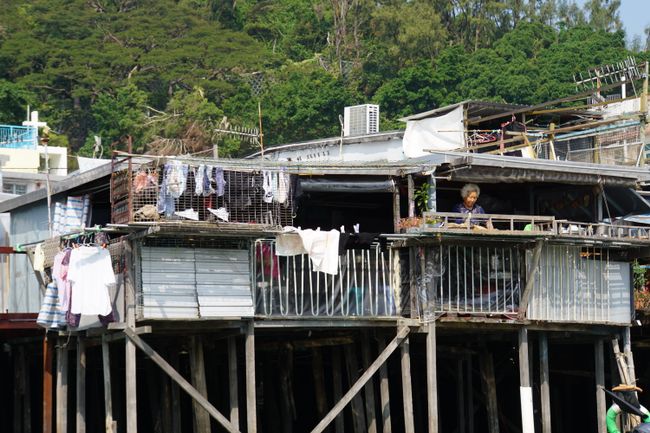
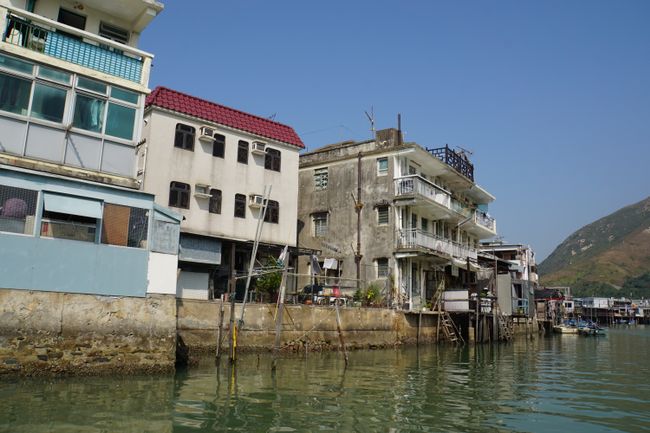
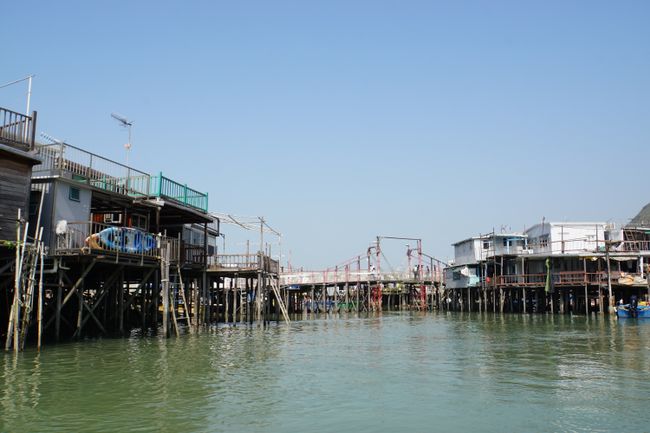
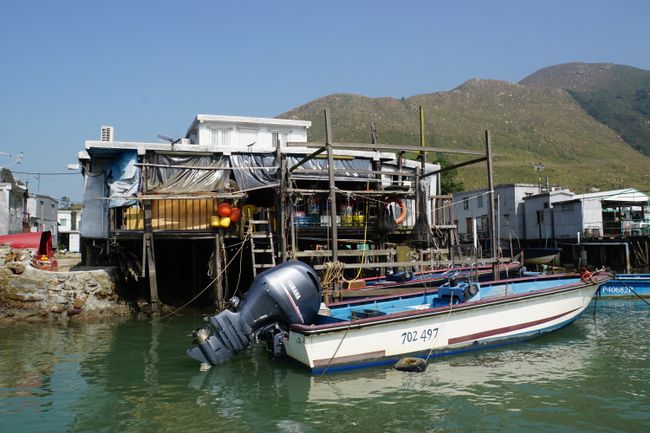
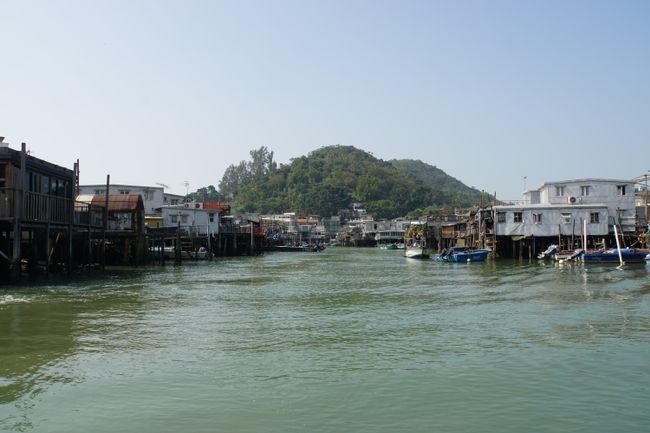
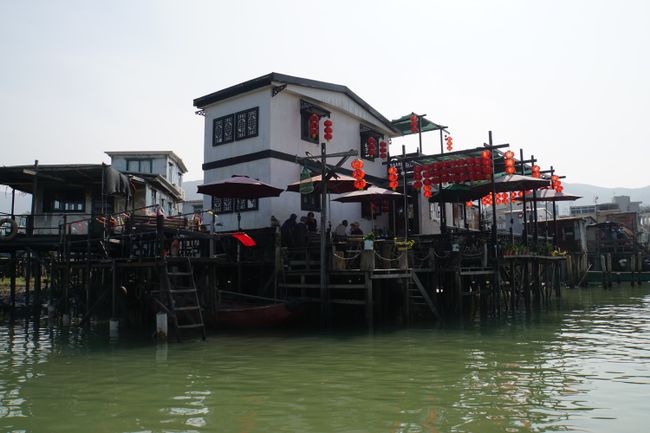
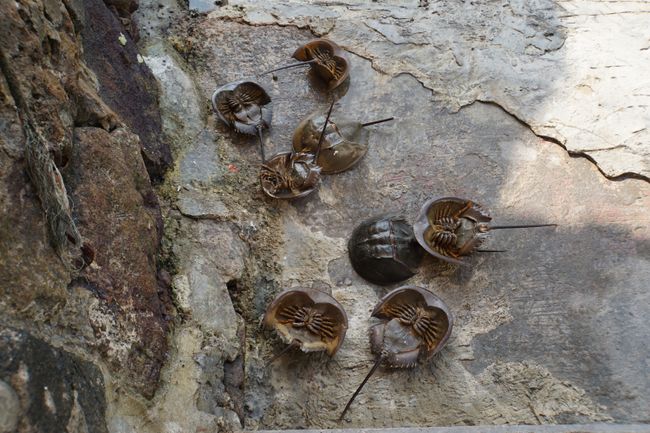
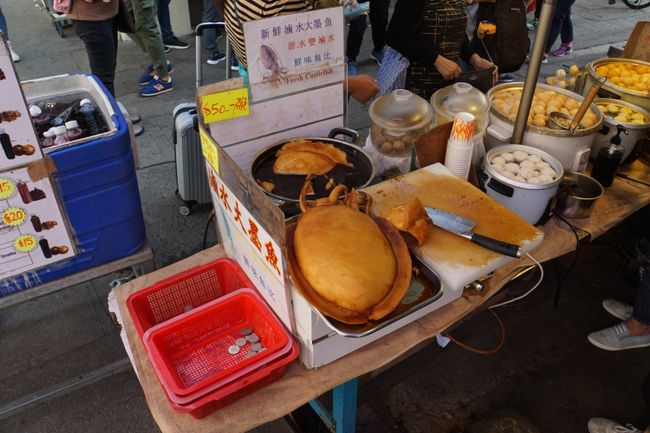
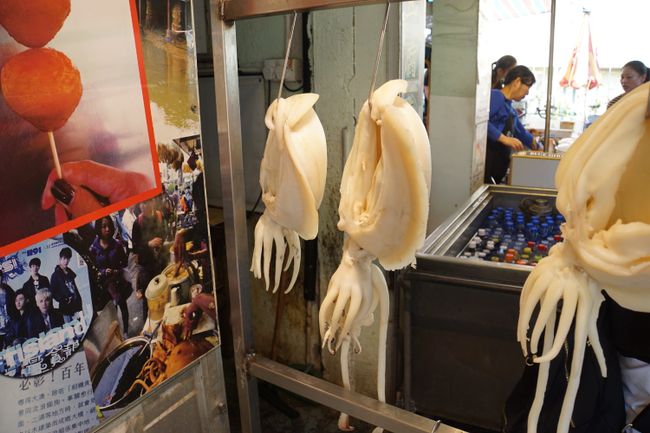
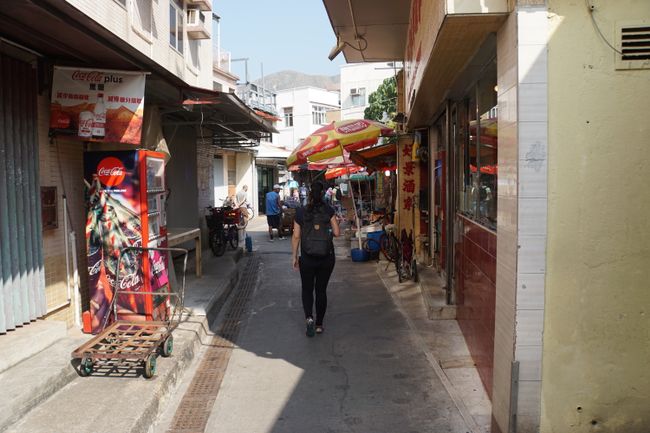
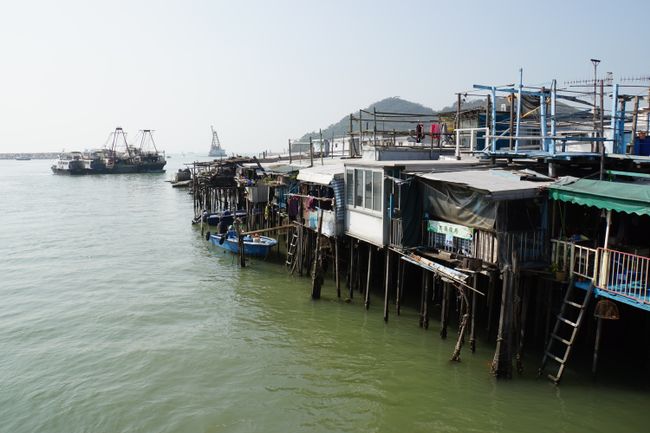
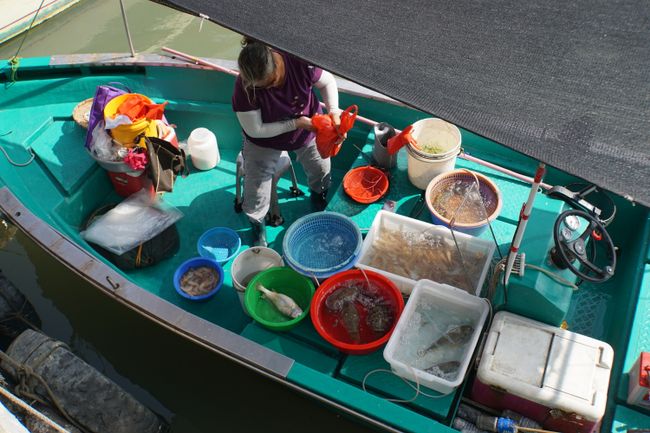
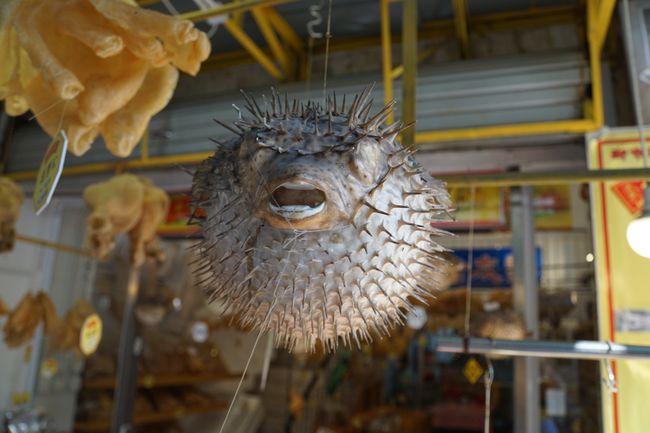
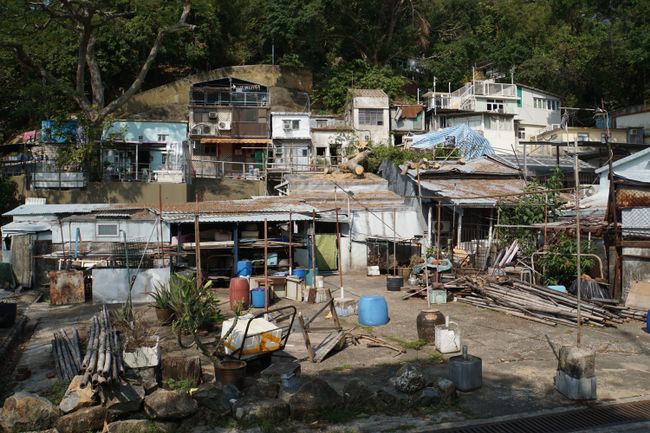
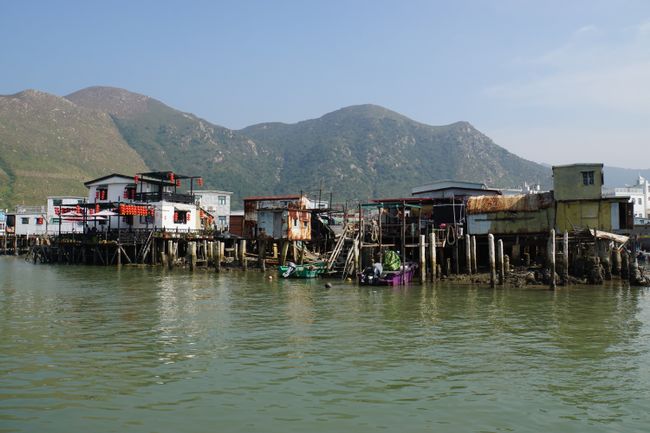
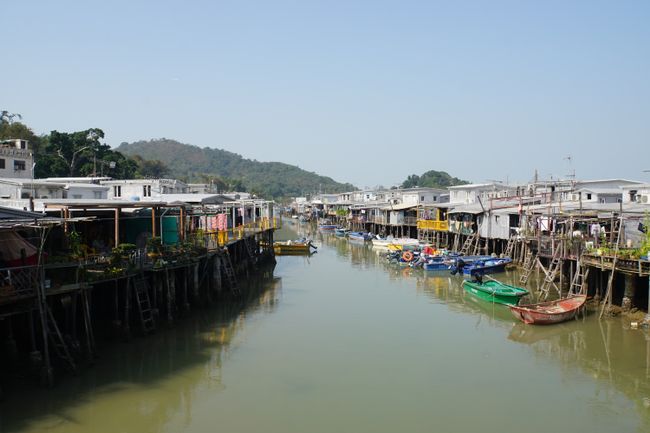
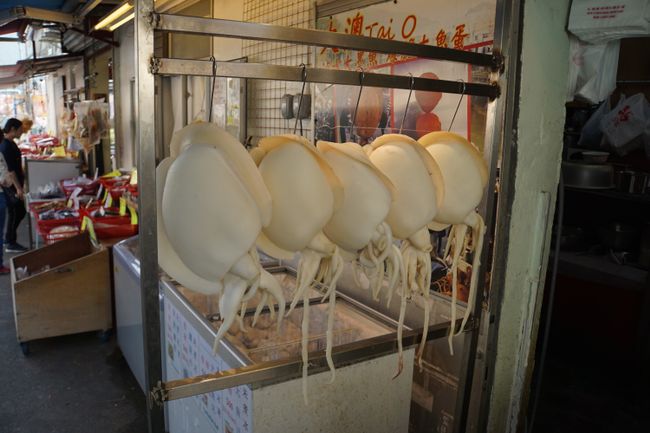
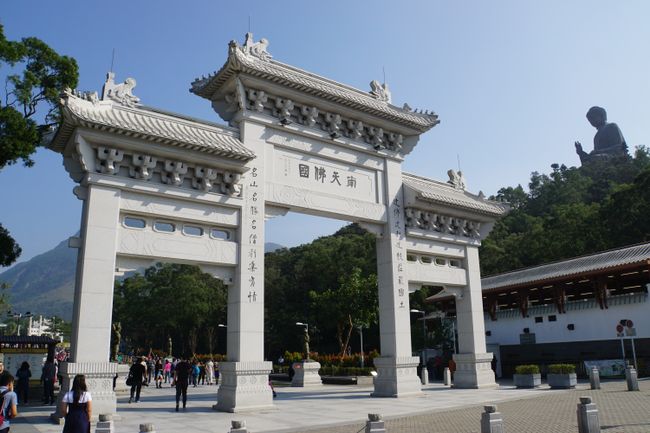
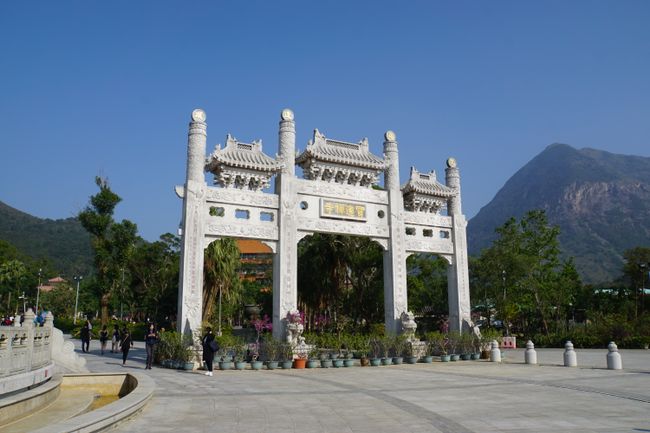
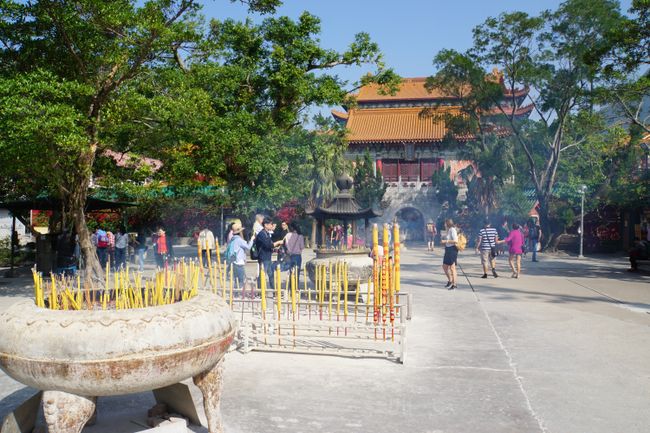
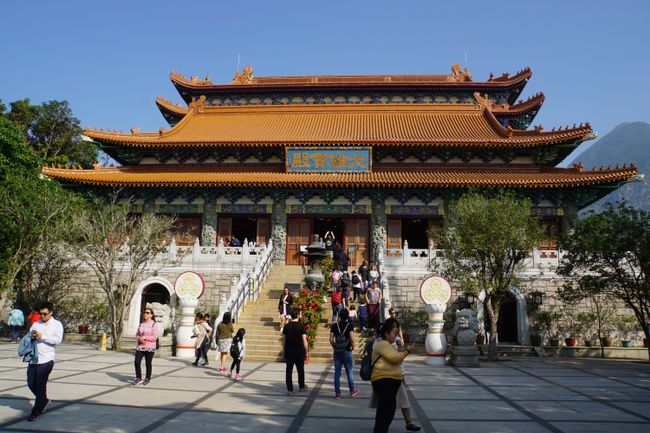
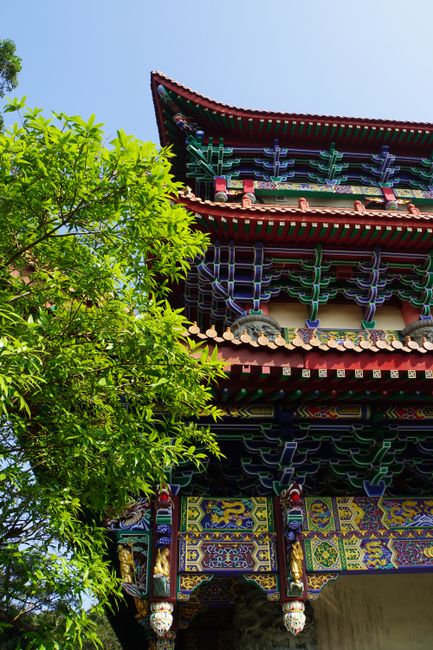
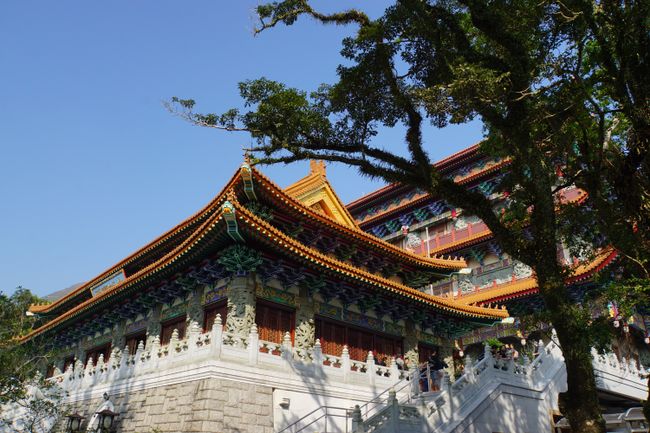
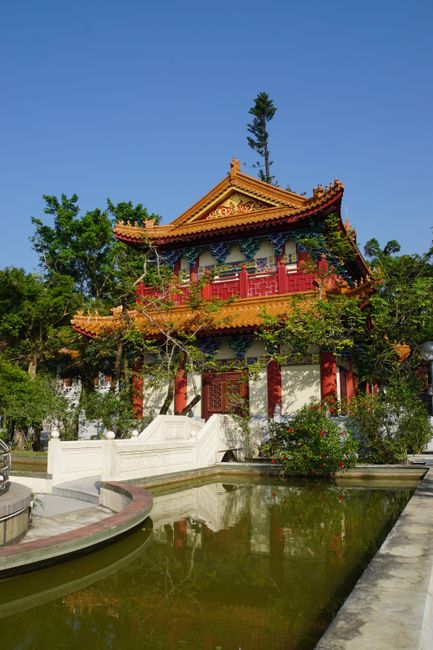
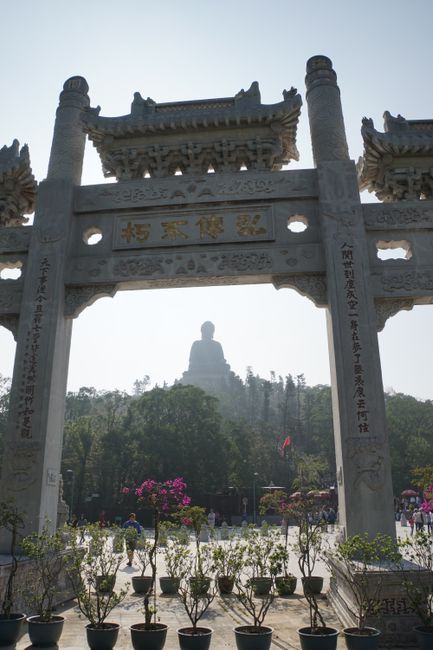
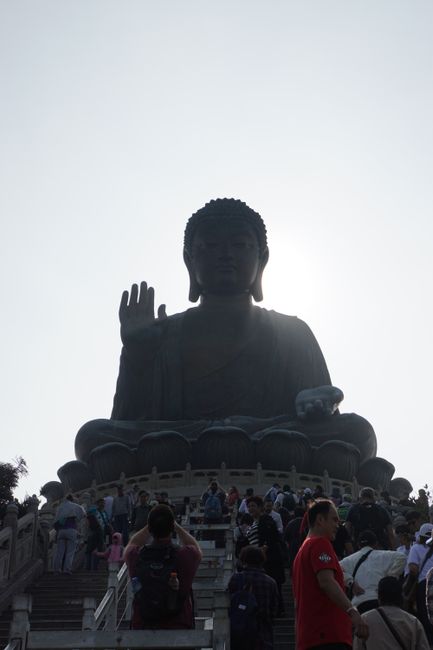
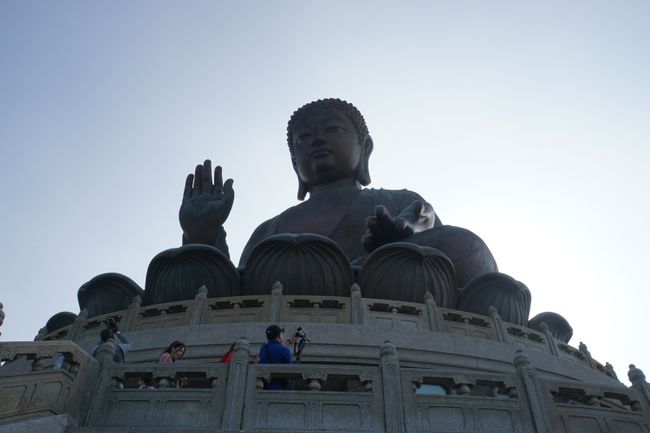
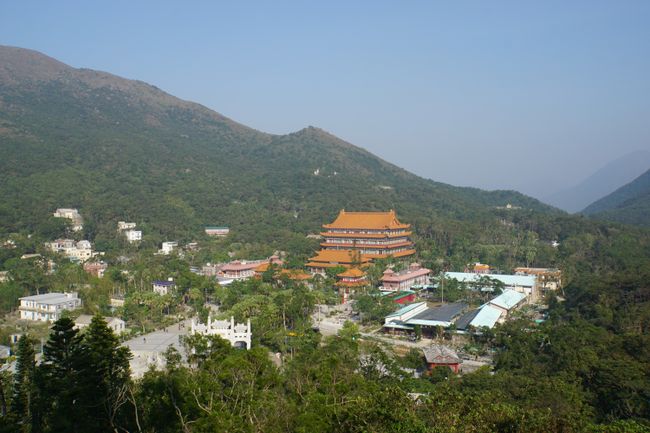
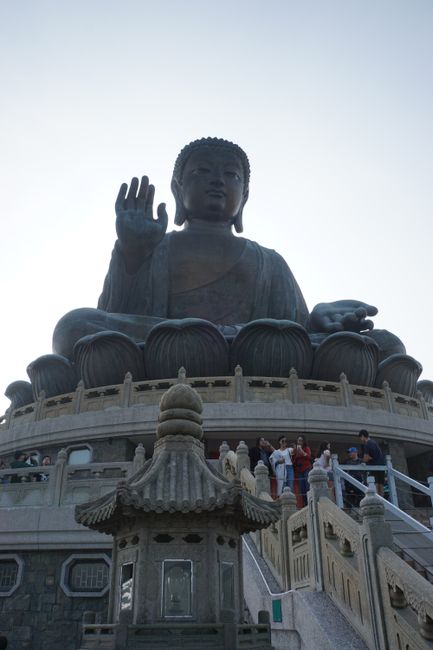
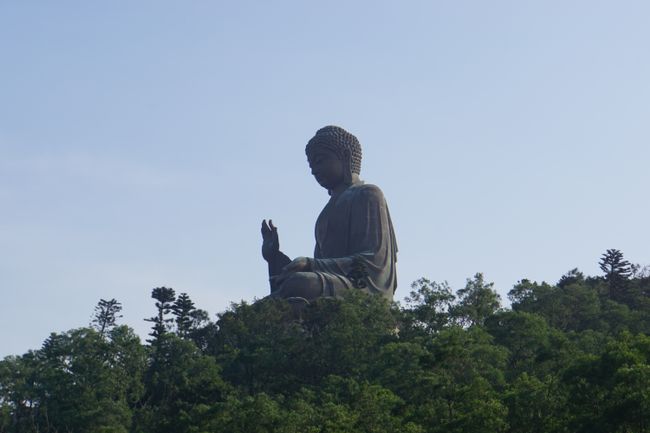
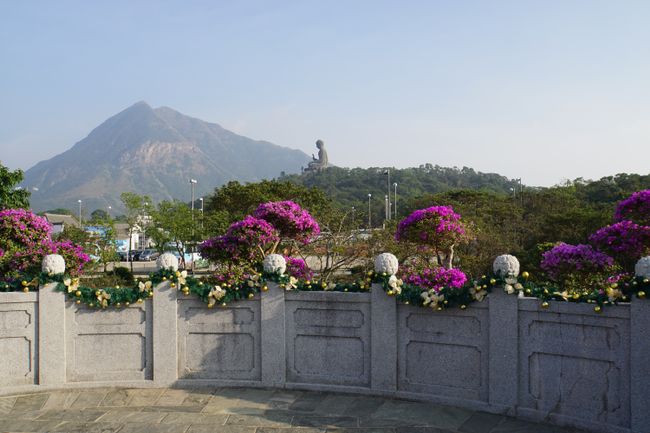
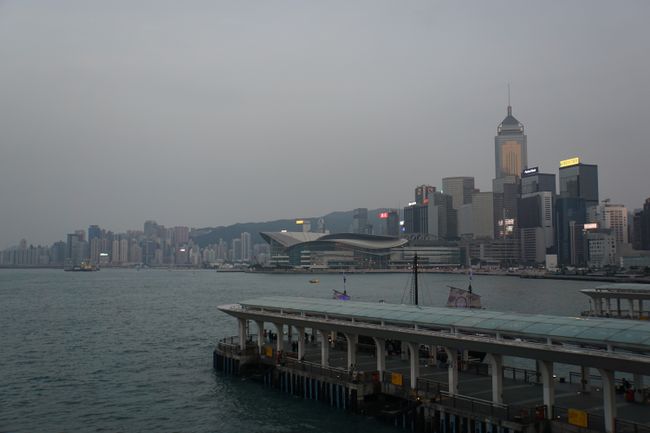
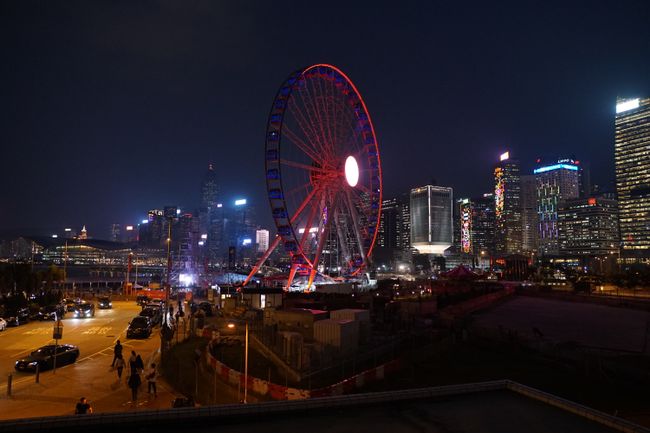
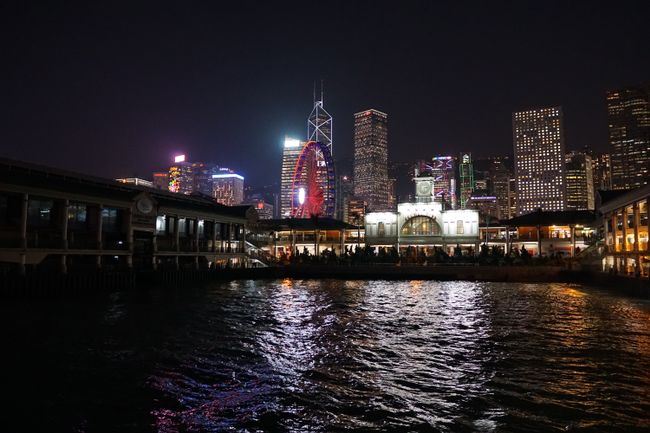
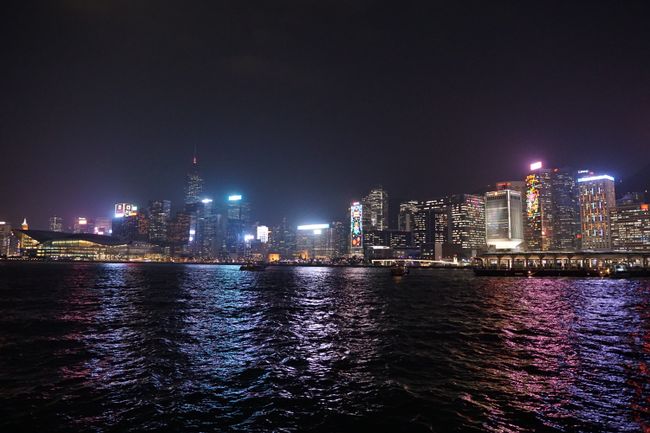
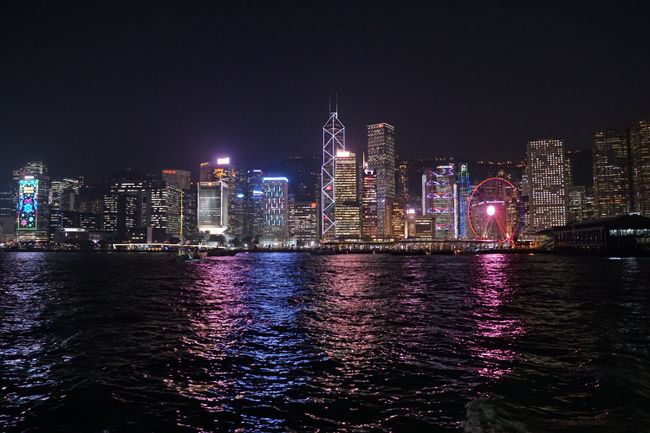
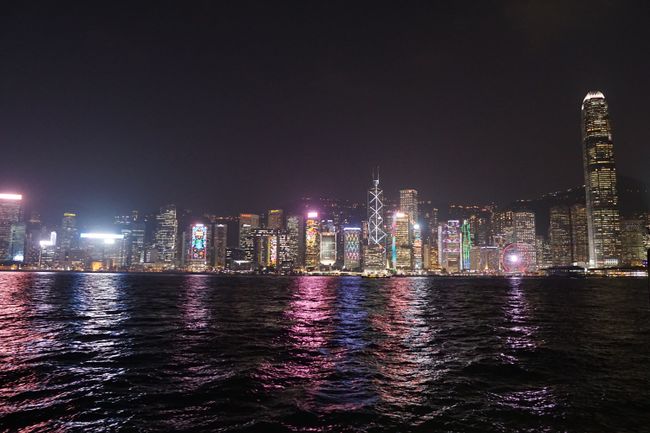
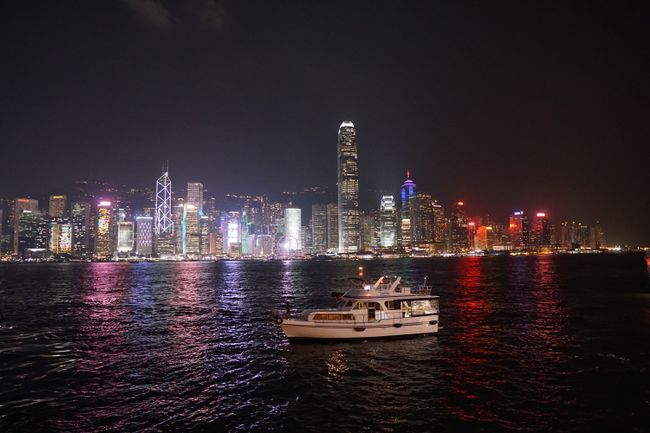
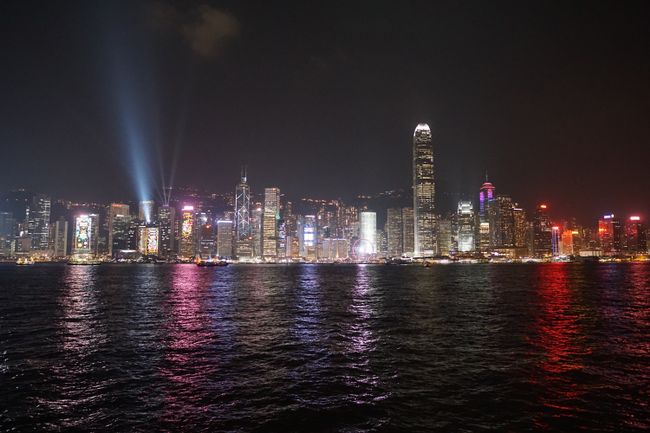
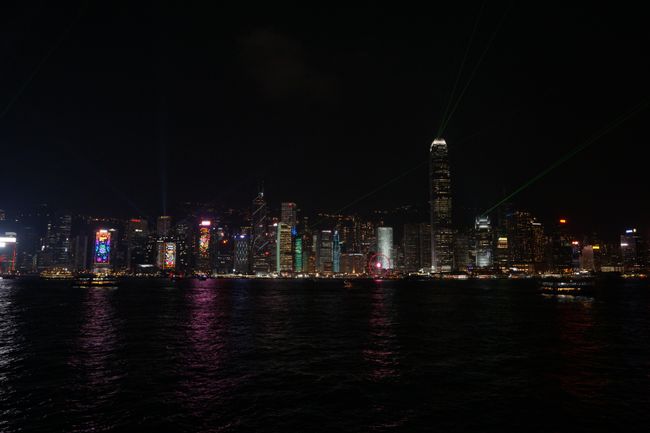
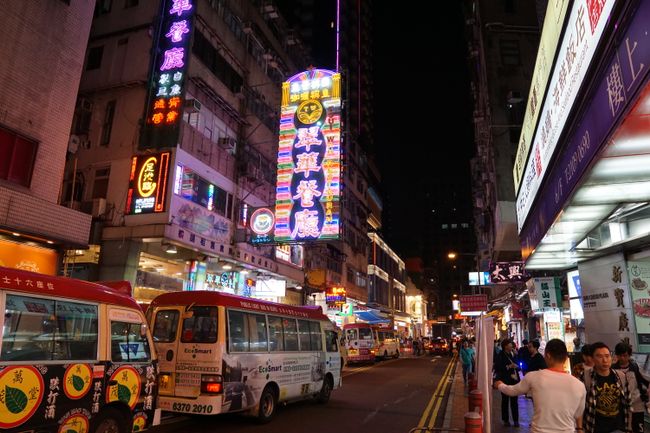
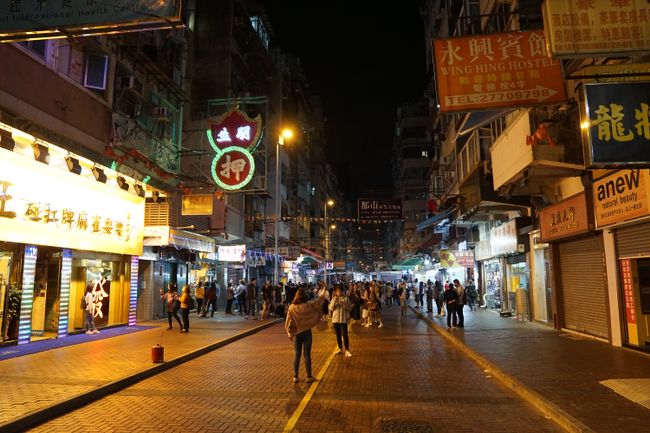
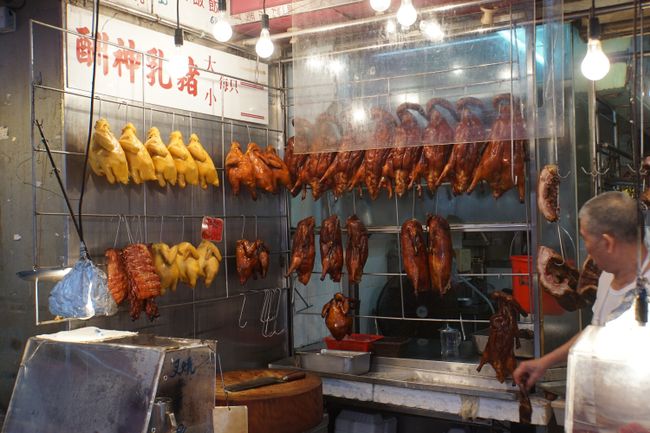
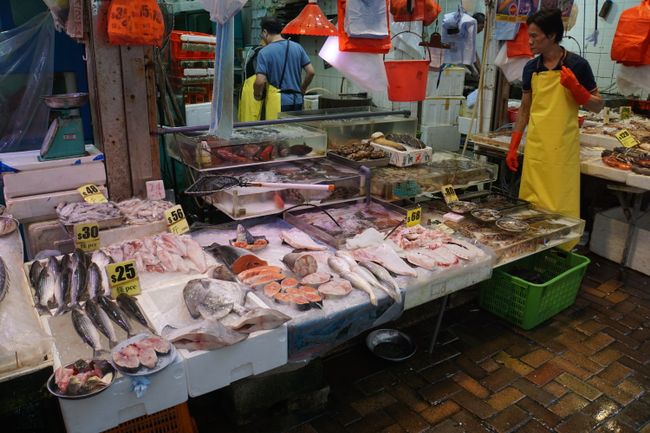
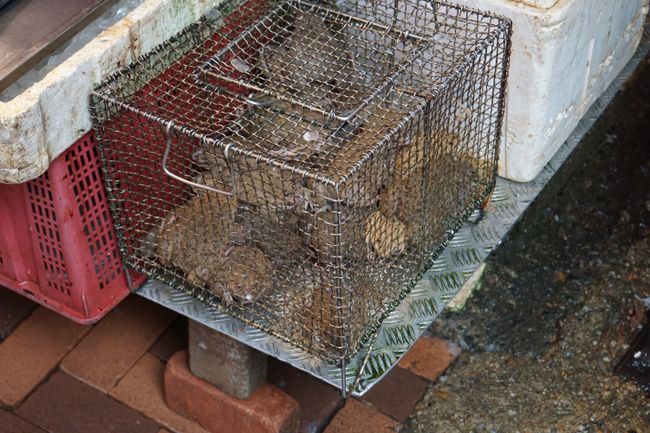
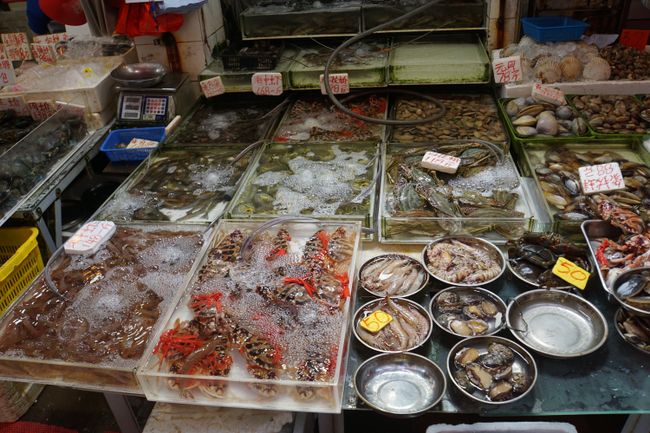
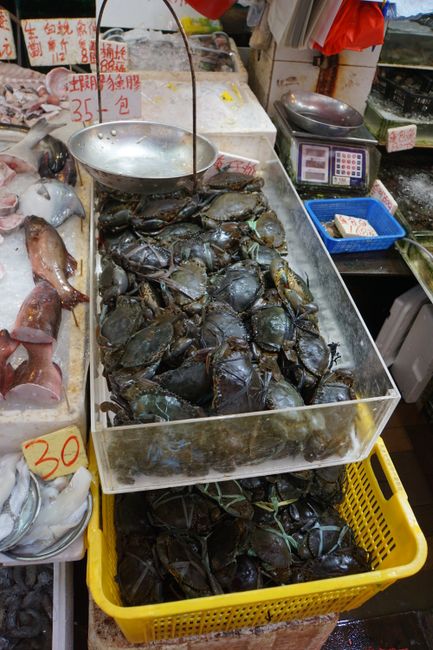
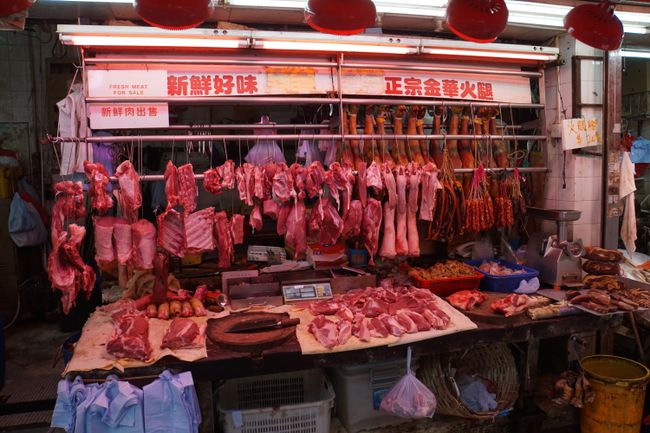
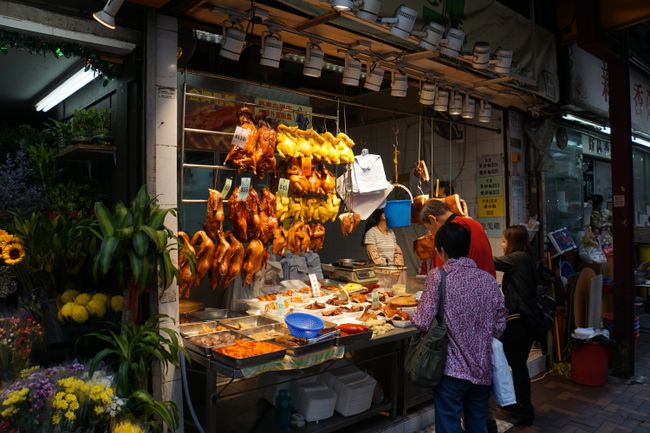
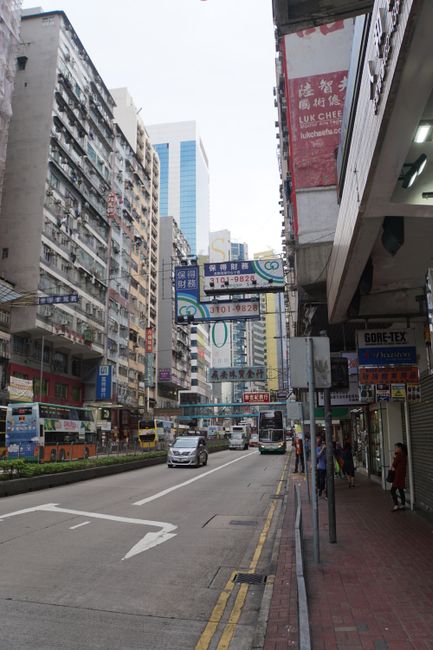
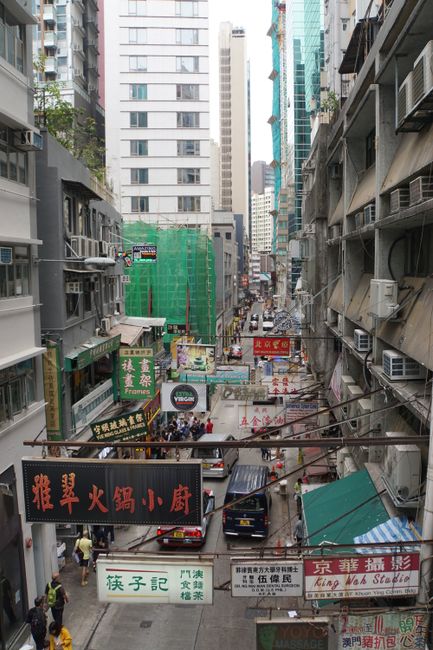
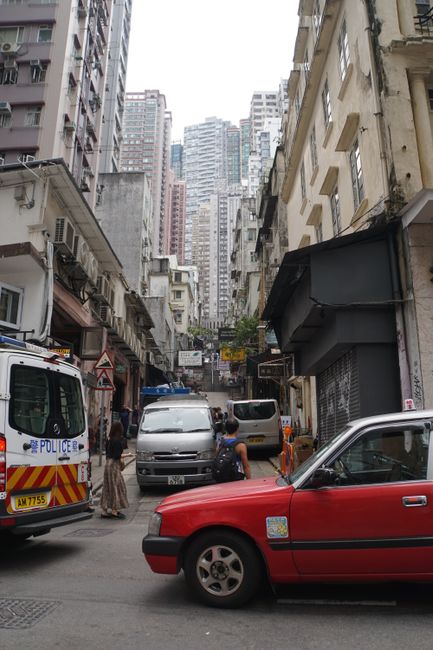
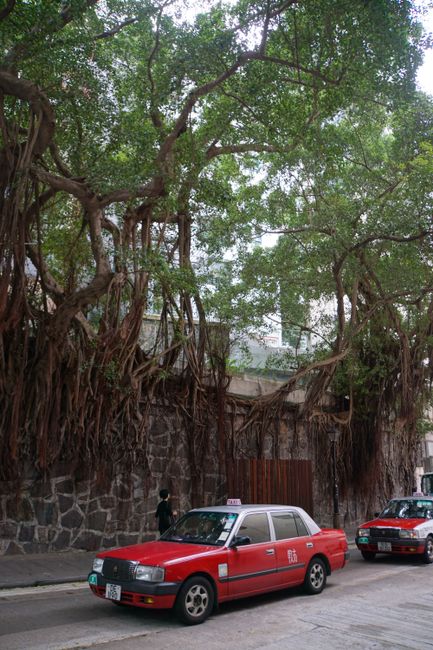
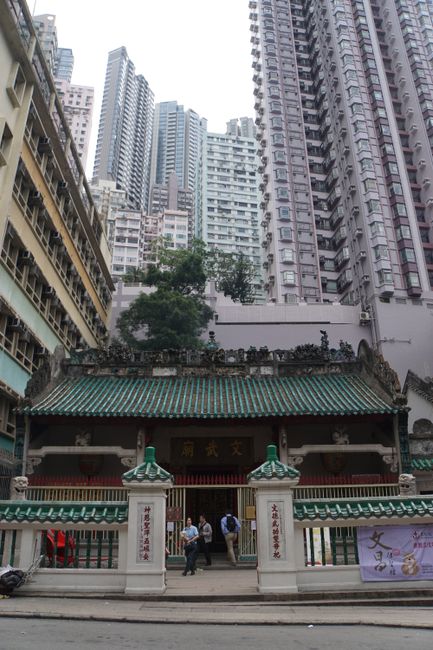
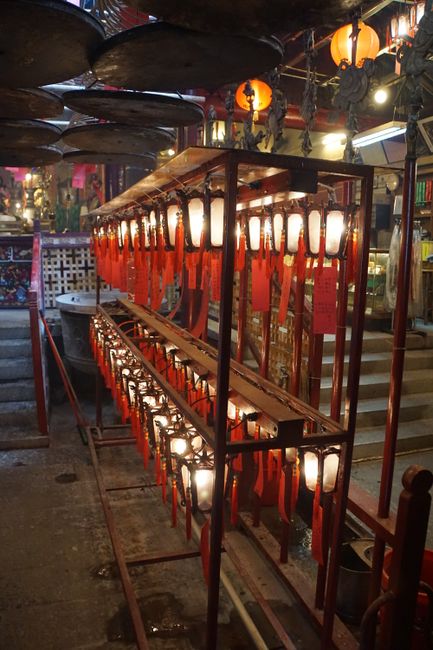
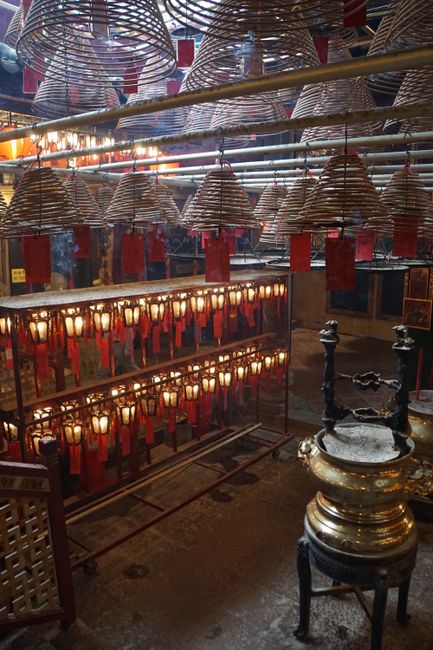
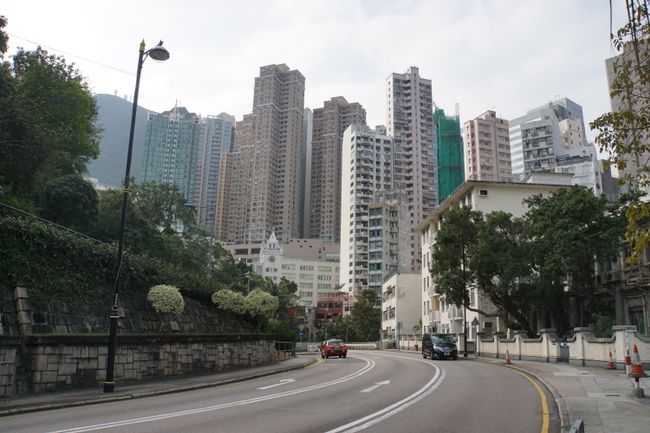
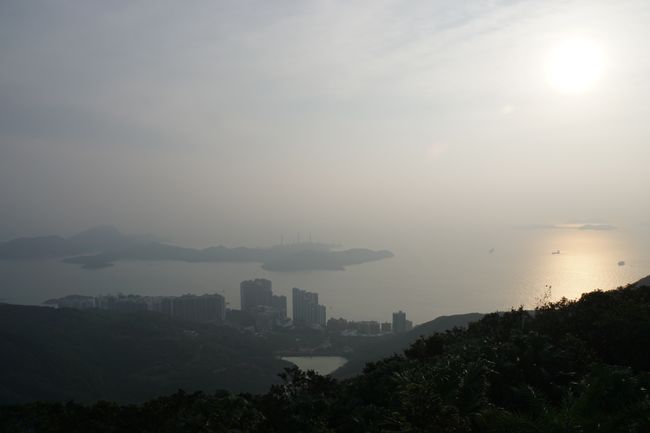
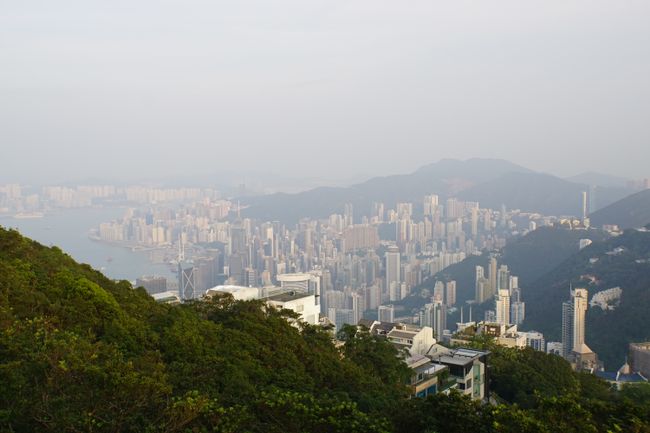
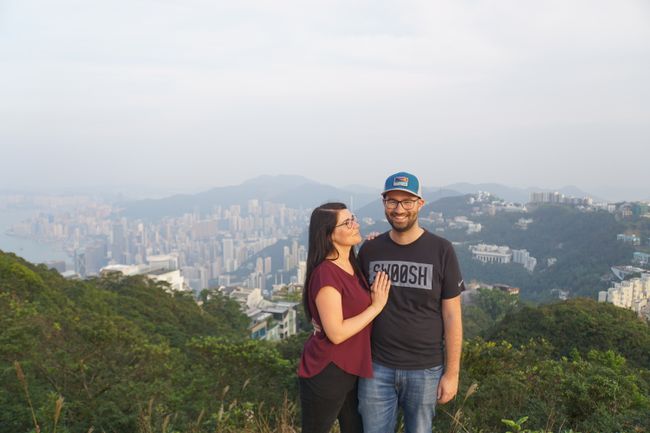
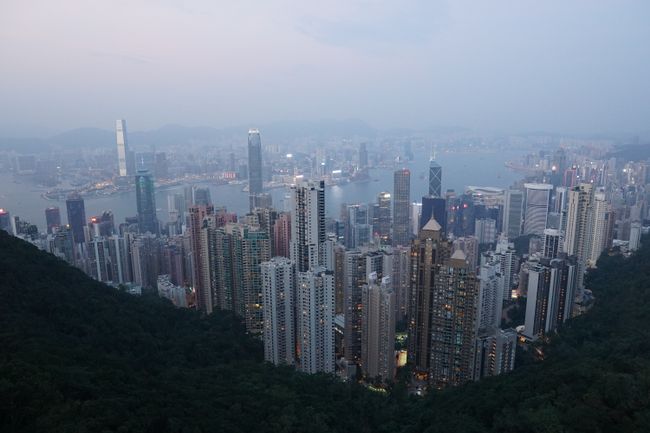
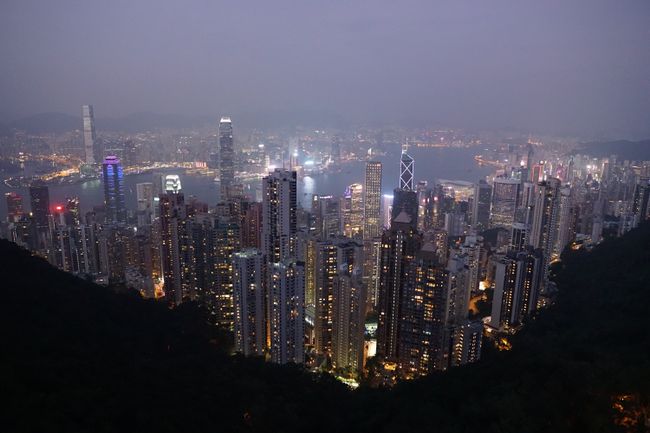
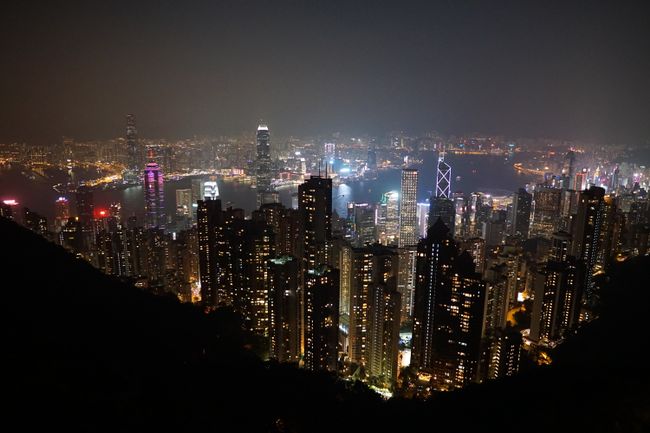
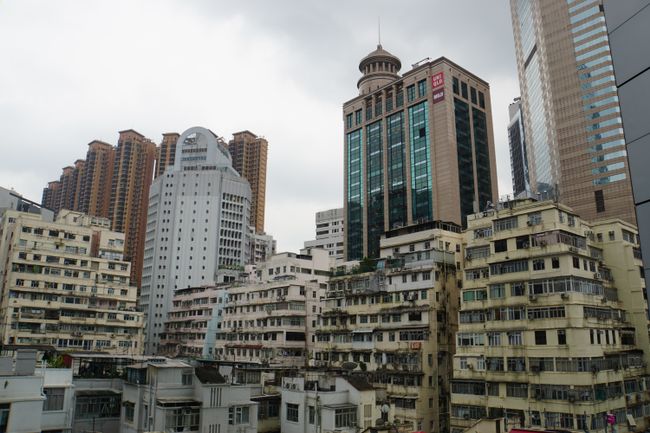
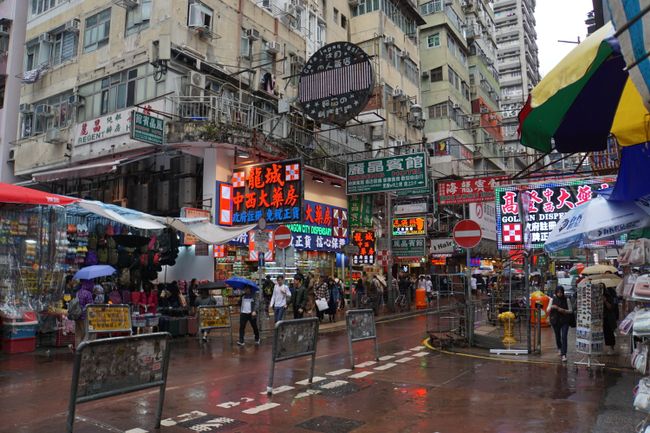
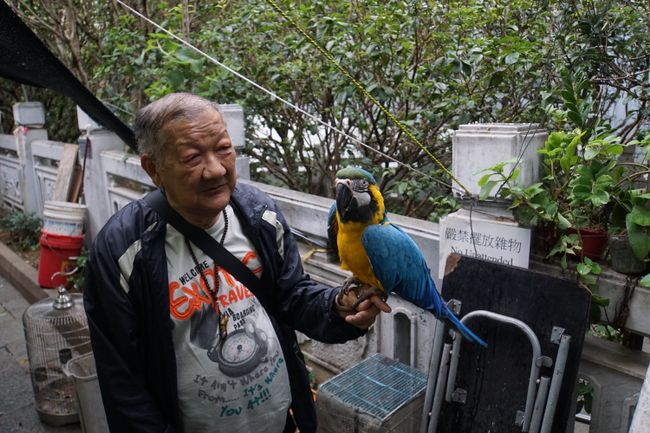
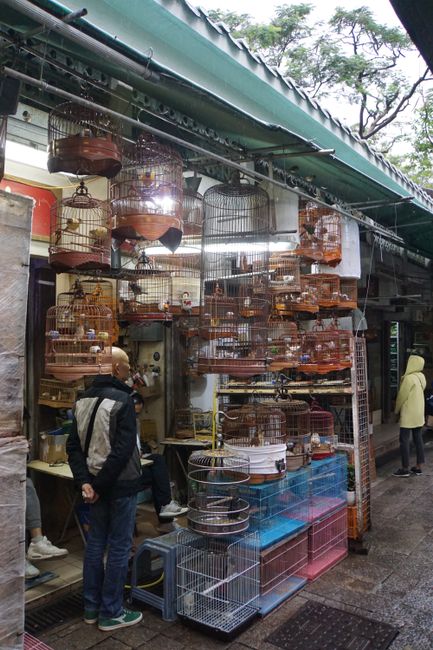
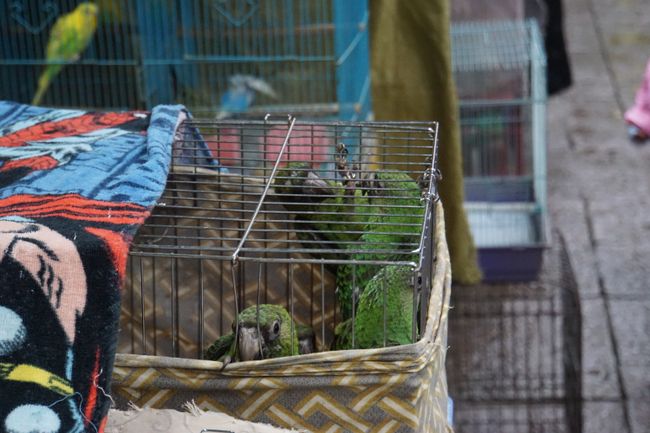
Iscriviti alla Newsletter
After leaving Singapore, our new destination is Hong Kong. The city has been a Special Administrative Region of the People's Republic of China since the sovereignty was returned from Britain to China in 1997. The city cannot be compared to mainland China, but resembles the infrastructure and culture of many parts of the Western world. However, there are moments and experiences that made us believe that we are in a different world...
Day 1
Arrival in Hong Kong in glorious sunshine. We took a bus past high mountains and cliffs and over huge bridges to the city center. Hong Kong is spread across several islands. Upon arriving on Hong Kong Island, we made our way with our luggage through a traditional market to our Airbnb accommodation. The room, with about 6 square meters and a 'wet cell' without daylight, quickly became too small and we had to go back out onto the streets. The many people, the many characters, thousands of cars and buses, smells on every corner, and narrow sidewalks overwhelmed us. After exploring our neighborhood, we went to a mall for dinner and later went to bed tired.
Day 2Today, we have to get up early and quickly leave the cramped and stuffy accommodation. Out of the front door and into the Chinese hustle and bustle. Our destination, Lantau Island, is far away, so we first took the subway to the ferry terminal and took the ferry to the island in 45 minutes. From there, we took a line bus to the village of Tai O. The journey took us over various mountain passes and at times we feared a crash into the abyss. But the bus drivers had everything under control. Since we had already obtained an Octopus card (a prepaid card that can be used to pay for public transport and also in many stores) at the airport, all trips were easy to book.
After an hour, we finally arrived in Tai O. Tai O is a small traditional fishing village that belongs to the city of Hong Kong. The houses of the fishermen stand directly on stilts in the water. The people here live traditionally from the sea and everything that can be derived from it. However, tourism seems to be one of the main sources of income nowadays.
We took a small boat for about 3 euros first through the village, because only from the water can you see its uniqueness. The boat then took a short trip out to sea, hoping to see some dolphins. Unfortunately, we were not lucky. But after the more than adventurous trip, we considered it lucky enough to have survived. We then explored the village on foot and once again were overwhelmed by all the impressions.
Next, we looked for the right bus to our next destination on Lantau Island, the Big Buddha. One of the landmarks of Hong Kong. You could already see it from a distance. Countless Asians had started their journey to the Buddha on this sunny day. The figure, the village at its feet, and the cable car there are one of the most important sights for the Chinese. Around the Buddha, there is a large and beautiful temple complex that should definitely be on the itinerary for the trip there. Afterward, we climbed the 268 steps to the Tiantan Buddha (the official name). With a height of 34 meters and a weight of 250 tons, it is the second-largest sitting Buddha figure in the world. It was built from the late 1980s to 1993. Admission is free. An exhibition inside, which is combined with a meal, costs less than 10 euros. However, we did not participate in this.
At the foot of the Buddha is the village of Ngong Ping. Here, everything is geared towards the numerous visitors and it is a bit bizarre. Like an amusement park. The main attraction is the ride on the Ngong Ping 360 cable car. However, the queue was so long that we quickly decided not to spend several hours here. So, we took the line bus back to the ferry terminal and returned to the city by water. We used the travel time for a little nap.
In the evening, we took a ferry to Kowloon City, as we had read that you can see a light and music show on the skyline at 8 pm from here. The best view (but also the closest contact with thousands of strangers) is from the viewing platform at the Clock Tower. The view is definitely worth it. The 10-minute show reminded us of the installation in Singapore and was just as impressive. But somehow also funny, what is done here... This visit is also free of charge.
Afterwards, we were tired but wanted to see the night market. Here, in Kowloon, several traders with their stalls sell REALLY EVERYTHING on some streets at night. From fake Lego to designer handbags to various PC accessories, there is nothing you can't find. Looking and marveling is fun, especially since you are not constantly approached, as you would expect from such bazaar-like markets.
At the end of a long day, our eyes immediately closed.
Day 3
In the early morning, we strolled through the food market in our neighborhood. Pure China feeling! Exotic fruits, fried pastries, and small items are sold directly on the sidewalk. The butchers take their halves of pigs out of dirty, tiled bays that resemble garages with open gates, and hang the meat on hooks for sale. The fishmongers display half-fish with still beating hearts to show how fresh their goods are. A large part of the fish can be bought alive or slaughtered. Not a sight for the faint-hearted. The most bewildering sight for us was probably the sale of frogs and turtles for consumption.
For a late breakfast, we chose the 'best dim sum shop' in the city and tried a variety of dishes. The best thing about it: You order by ticking off on a piece of paper what you want. The language barrier was very small. The food was delicious, and after each round, we were excited about what would come next.
Well fortified, we started for the Mid Level Escalators. These are escalators in the city that run from bottom to top through the Soho district. It is worth getting off here from time to time and exploring the side streets. Soho is very hip, and besides antique shops, there are many bars, cafes, and restaurants. Much of what is offered, however, is European, so it is rather ordinary for us. The Man Mo Temple is a real highlight. A small temple in the midst of the buildings, where you can hardly breathe due to the smoke. In addition to the normal incense sticks, incense spirals hang on walls and ceilings, and we quickly had to go outside to breathe. Soho and the escalators are super interesting. You can't get enough of the sights and should definitely plan this in on a trip.
In the afternoon, we wanted to go to the 'Peak' to enjoy the view. Ideally, you get there by Peak Tram, a historic tram. But since apparently, this is a must for every Chinese person, the queue was even longer than at the Ngong Ping cable car, and we needed a plan B. You can also get there by bus, so we looked for the bus stop for half an eternity. However, this is absolutely no insider tip. When the bus arrived, only the first 4 people waiting managed to get on, as it was packed full. But it's cool that you line up in a row here and everything goes calmly. So, plan C. Since a taxi seemed too expensive and the lines at the taxi stand were too long, we called an Uber driver through the app and had him drive us up as far as possible. Afterward, we climbed even higher and higher on forest paths until we finally reached the top and stood there alone. A woman joined us, which was good for all of us because we could take pictures of each other. The view was breathtakingly beautiful... However, due to the smog over the city, you can see less far than we are used to at home.
In the evening, we wanted to watch the official viewing platform in the dark. So, we walked back down from here and after a little queuing and some pushing, we stood in the front row. The sun set behind us and the lights of the skyline gradually turned on until they shone brightly in the dark. The admission of around 5 euros per person and the cost of the Uber ride were more than worth it. An incredibly great trip and finish for the day!
Day 4
Since we had already googled that it would rain from now on, we had already completed the outdoor activities and the last day was devoted to what the inhabitants and visitors of Hong Kong apparently love to do most: shopping!
Unknowingly, we got caught up in the shopping frenzy surrounding Black Friday, with many discounts and offers. And people were going crazy! They were queuing in front of the shops, had suitcases for the loot, and had picnics on the floors with hundreds of others... There were also numerous designer and premium stores, like in Singapore, which were not for us.
Away from the malls, we visited various markets. In one street, pets were being sold. Puppies and kittens advertised in glass cases with price tags. The smaller and cuter, the more expensive. Here, they seem to be more of an accessory or lifestyle product. You can also buy playpens and cages for home... Taking photos is, of course, unwelcome.
Afterwards, we found stalls directly on the sidewalk where mini turtles, fish, and axolotls are sold. The so-called Goldfish Market is a row of traders selling ornamental fish in plastic bags. At the Bird Market, birds were for sale. Small and large birds, rare parrots, crazy budgerigars. All crammed together in small cages and presented for sale. Next to them, the appropriate feed with live roaches, crickets, and worms.
At first glance, these markets seem barbaric, and you quickly start to judge the sellers, buyers, and owners. However, if you reflect on what you see there, it is just as bad and reprehensible as mass animal husbandry in our own country, and you should question your double standards.
Our loot consisted of a discounted t-shirt and many impressions. With sore feet, we went to a restaurant and then to bed.
This morning, we packed our things and headed to the airport, where we will be flying to Hanoi, Vietnam, at 3 pm local time.
Conclusion
Hong Kong is huge. Hong Kong is loud. Hong Kong is colorful. English is understood by some people but spoken poorly. Thanks to British occupation in the past, at least the most important signs are translated. You have to expect that it often gets very crowded with all the people. If you are looking for Chinese culture but also the comforts of Western life, then Hong Kong is the right place. We would come back (but definitely spend more money and book a solid hotel room).
Iscriviti alla Newsletter
Risposta
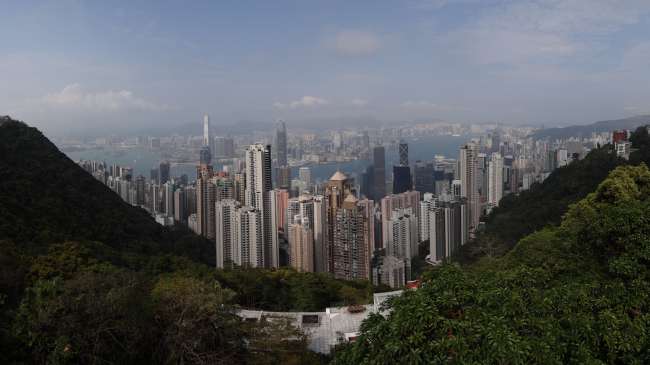
Rapporti di viaggio Cina

